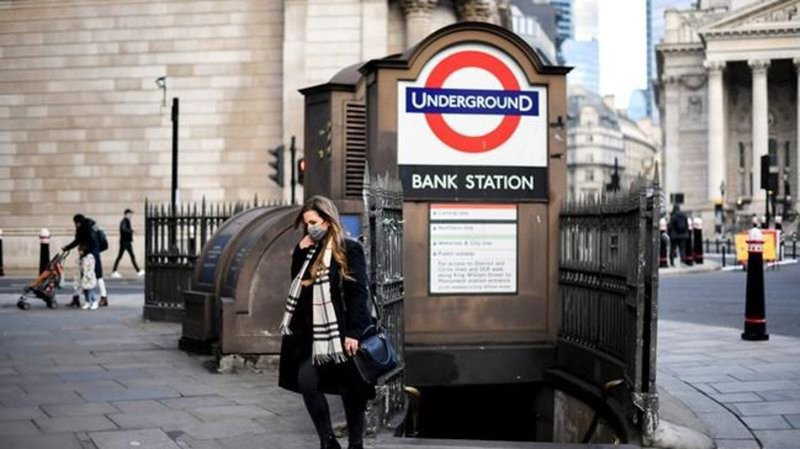
UK extends salary support program to contain unemployment
LONDON — The British government on Thursday extended its salary support program by another month through to the end of April as it tries to keep a lid on unemployment as coronavirus restrictions slam businesses.
The government confirmed it would carry on paying 80% of the salaries of those workers retained by firms rather than fired. It also extended its government-guaranteed COVID-19 business loan schemes for two months until the end of March.
“We know the premium businesses place on certainty, so it is right that we enable them to plan ahead regardless of the path the virus takes, which is why we’re providing certainty and clarity by extending this support,” said Treasury chief Rishi Sunak.
The U.K., like others, has re-imposed onerous coronavirus restrictions following the resurgence of the virus. The government has expressed hope that by April the rollout of coronavirus vaccines will have changed the dynamics of the pandemic to allow some sort of normality to return to everyday life.

